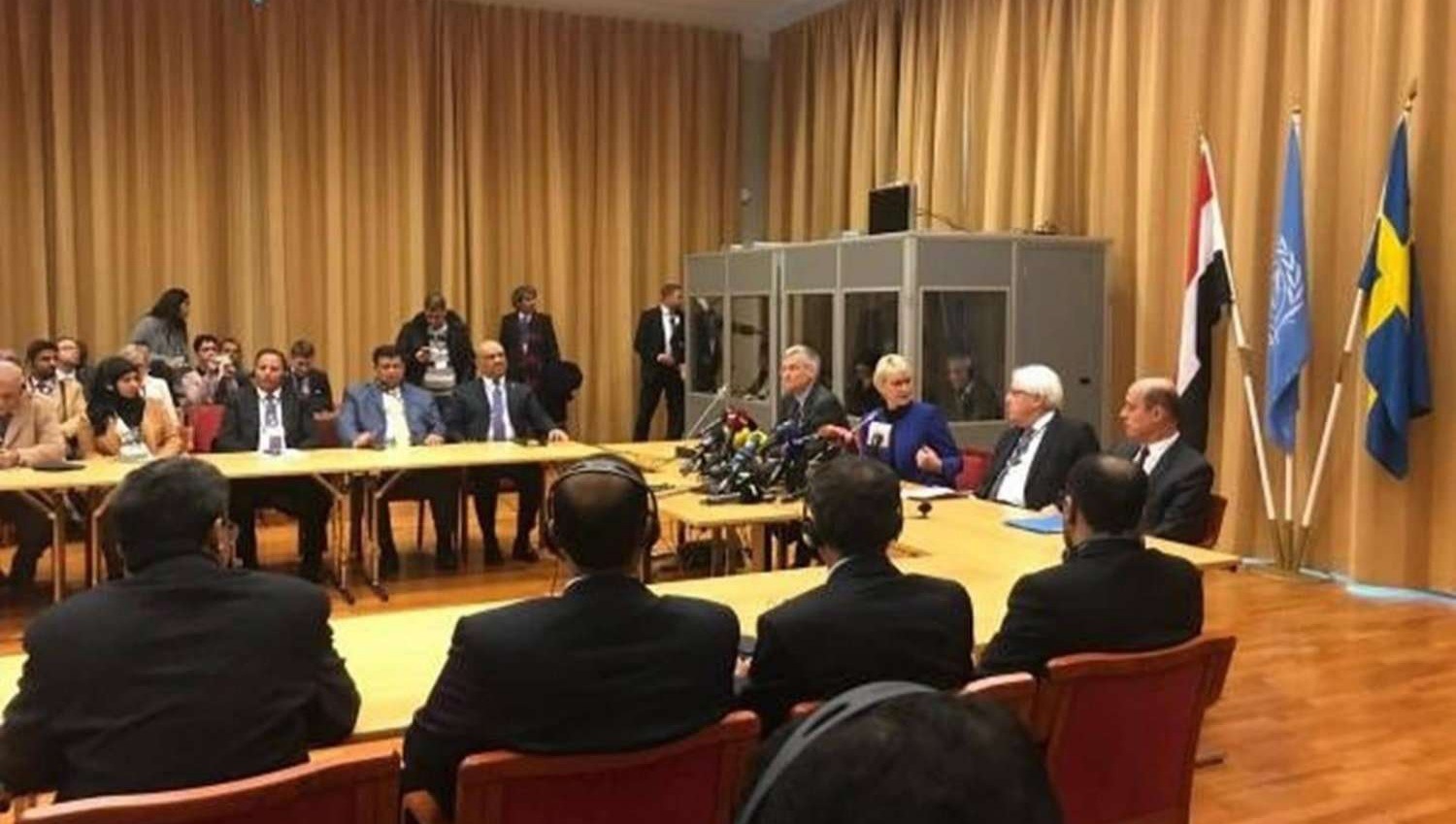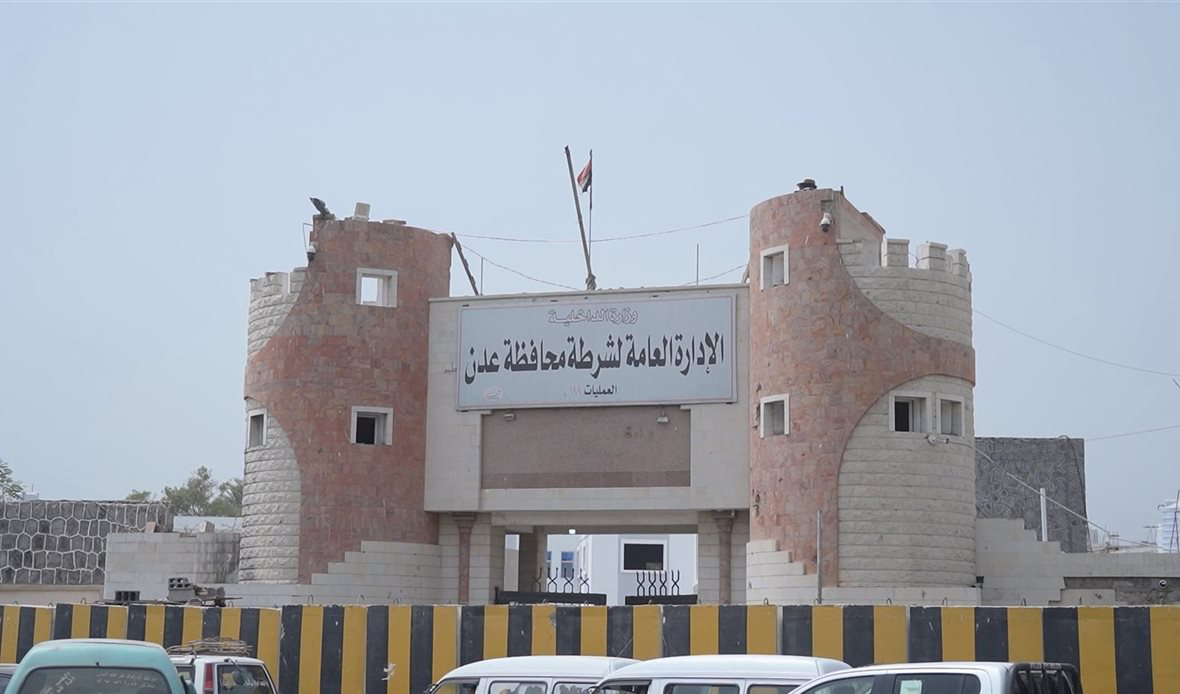
Barran Press
A Yemeni government official has expressed skepticism about the Houthis' intentions in upcoming economic talks, stating that the group, designated as a terrorist organization by several countries, will only seek to gain concessions. The official's comments come as the Yemeni Presidential Leadership Council (PLC) has confirmed its full awareness of the group's "intentions and behaviors."
Last Tuesday, the office of the UN Special Envoy to Yemen announced that the government and the Houthis had agreed on several measures to de-escalate tensions in the banking sector and regarding Yemeni Airways. This includes the reversal of recent decisions against banks by both sides and a commitment to refrain from future similar actions. Additionally, the agreement includes the resumption of Yemeni Airways flights between Sana'a and Jordan, with the addition of flights to Cairo and India.
Given the Houthis' history of reneging on agreements and exploiting loopholes, the Yemeni government appears pessimistic about the group's sincerity in achieving a genuine breakthrough in the economic file. The unnamed official, quoted in the London-based Saudi newspaper "Asharq Al-Awsat," asserted that the Houthis "will attend the economic talks only to seek gains."
The official pointed out that the currency split has become a significant problem due to the stringent measures imposed by the Houthis on the older currency denominations against the dollar. This has created a substantial difference in value compared to areas under government control, impacting resource collection and transfer to a unified account.
Meanwhile, Osman Mejalli, a member of the PLC, stated during a meeting chaired by PLC President Rashad al-Alimi with local authorities in Hadhramaut, that "the Council is fully aware of the Houthis' intentions and terrorist behaviors." He emphasized that the PLC's commitment to de-escalation "comes within the framework of giving the regional and international community a chance to revive the comprehensive and just peace process based on its declared references."
The Saudi newspaper also quoted Yemeni officials as saying that "the significant damage inflicted on the national economy as a result of the Houthis' coup and the ensuing war makes it difficult for the country to recover without regional and international support."
They believe that this support "will ease tensions between the political parties over resources," emphasizing that "the collapse of state institutions following the Houthi coup and the armed confrontations have severely damaged the mechanisms for collecting government financial resources. This will be one of the challenges that must be agreed upon and a clear and effective vision must be developed to address it."
After more than two years since the UN-sponsored ceasefire was declared in Yemen and the PLC's confirmation of its readiness for peace with the Houthis, the economic file has opened a window in the wall of conflict. This follows the recent agreement to de-escalate the economic confrontation, based on the roadmap that resulted from the efforts of Saudi Arabia and Oman.
Amidst reports of an imminent agreement on oil exports and the Houthis' commitment to halting attacks on export ports in Hadhramaut and Shabwa, Yemenis await the announcement of the date for the economic talks. These talks are expected to address key economic complexities, including the currency split and the central bank, the issue of salaries for employees in Houthi-controlled areas that have been cut off for eight years, and the discussion of resuming liquefied gas exports, a process that halted at the beginning of the war sparked by the Houthis.
Last Tuesday, the office of the UN Special Envoy to Yemen announced that the internationally recognized Yemeni government and the Houthi group, designated as a terrorist organization by several countries, had agreed on several measures to de-escalate tensions in the banking sector and regarding Yemeni Airways.
According to the Envoy's office, the agreement included "the cancellation of recent decisions and actions against banks by both sides and the cessation of any future similar decisions or actions. In addition to the resumption of Yemeni Airways flights between Sana'a and Jordan, increasing the number of flights to three daily, and operating flights to Cairo and India daily or as needed."
The agreement also stipulated that meetings would be held to address the administrative, technical, and financial challenges faced by the company, and that meetings would begin to discuss all economic and humanitarian issues based on the roadmap.
"Grundberg" highlighted the important role played by Saudi Arabia in reaching this agreement, emphasizing the UN's readiness to work with both parties to implement the agreed-upon measures. He offered to support his office's communication with authorities in Jordan, Egypt, and India.
As is customary with every agreement, the Yemeni government promptly implemented its commitments by halting the measures taken against commercial banks in Houthi-controlled areas. Meanwhile, Yemeni Airways resumed its commercial flights from Sana'a airport to Jordan, Cairo, and India for the first time since flights were halted following the Houthis' takeover of the Yemeni capital Sana'a in September 2014.
Last December, the UN announced that the Yemeni parties had reached understandings to commit to a set of measures, including the implementation of a ceasefire covering all of Yemen, measures to improve living conditions in Yemen, and engagement in preparations for the resumption of an inclusive political process under UN auspices.
The roadmap and peace efforts in Yemen were stalled by attacks by the Houthi group, designated as a terrorist organization by several countries, against commercial cargo ships in the Red Sea, the Arabian Sea, and the Gulf of Aden since last November.





